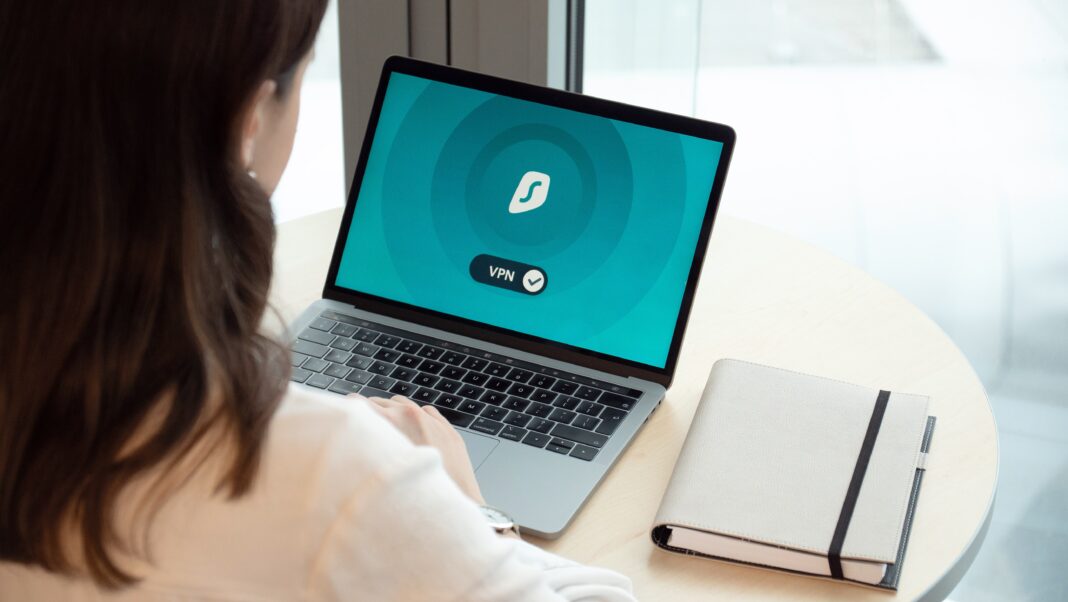If you have a business that uses computers or networks, you need to be concerned about cyber security. It used to be the case that only individuals and large enterprises needed to worry about protecting their data from theft. However, today it is a problem for individual users as well.
In particular, if your computer gets hacked, your personal information could get stolen – things like passwords, bank account numbers, and credit card details. If this happens because of something you did wrong (like clicking on an unsafe link in an email), then it’s not worth worrying about. But if your system was compromised by somebody else, then there may be more severe consequences. Maybe the hackers were interested in stealing money from a company you worked at, or they might have been trying to find out information about you for marketing purposes.
This article will cover some of the most critical ways your business needs to be concerned about cyber security.
Make sure your website is secure – Michael Osland
When people visit websites, it’s entirely possible that hackers can intercept data being shared between their computer and the website they’re visiting – primarily if you use old encryption methods. That makes it easier for them to steal personal details or login credentials. It’s not just websites that need to worry about this kind of thing – mobile apps also need to be adequately secured so that users aren’t put at risk when downloading them onto their phones. If you run an online store, make sure transactions are protected by strong encryption – it is better to be safe than sorry.
Never allow an employee access to sensitive data if they haven’t been trained on cyber security. It seems like common sense, but it can happen quickly. The last thing you should do is hand out information without the proper training first. Ensure that people understand what they need to look for to avoid being hacked and how vital this kind of data is. If you have a small company, make sure everyone who deals with sensitive information has undertaken these kinds of training courses so that nothing slips through the cracks.
Educate your users
No matter how secure your network might be, it doesn’t work unless employees follow guidelines when using their computers or mobile devices. In particular, make sure that they know what phishing emails look like and how to spot them. For the average user, it’s not easy to determine whether an email is real or fake – especially if hackers are disguising themselves as company executives to get certain people to hand over their login credentials. Email spoofing and social engineering can be two of the biggest cyber security threats in today’s world say Michael Osland.
Make your mobile devices secure
If you use your mobile phone for work purposes (for example, for accessing sensitive information when you’re out of the office), then keeping it safe can be just as important as protecting your computer network. Many different kinds of malware could affect the software on your phone/uses of computer. Hackers can use these to intercept any data you might share while using your phone. If this kind of information is sensitive (for example, if you’re a government employee communicating with whistleblowers), then it’s vital to take steps to make sure that nobody can access it – including whoever happens to be sitting next to you on the train.
Interesting Find – Factors to Consider while Choosing the Best Container Shipment Tracking Software!
Keep your firewall up-to-date
It may sound boring, but there are few things more important than ensuring that your network’s firewall is working correctly and blocking dangerous traffic (like hackers trying to break into your system). It means checking that firewall settings haven’t been tampered with and updating them regularly, so they don’t fall behind on new security protocols.















